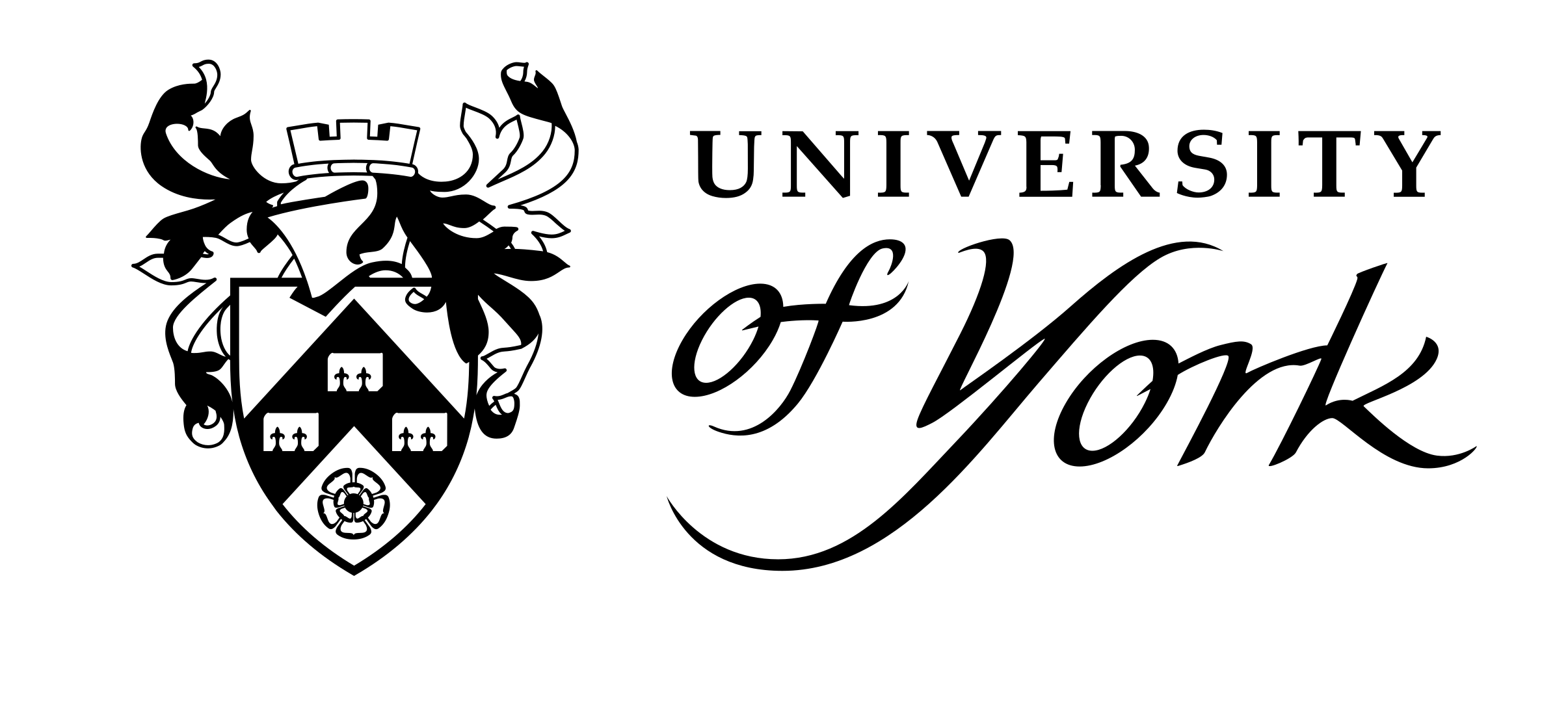“Giving everyone the chance to succeed is a powerful part of our heritage”
— Vice Chancellor and President of University of York Charlie Jeffery
Legacy Newsletter | Edition 14, September 2024, The University of York
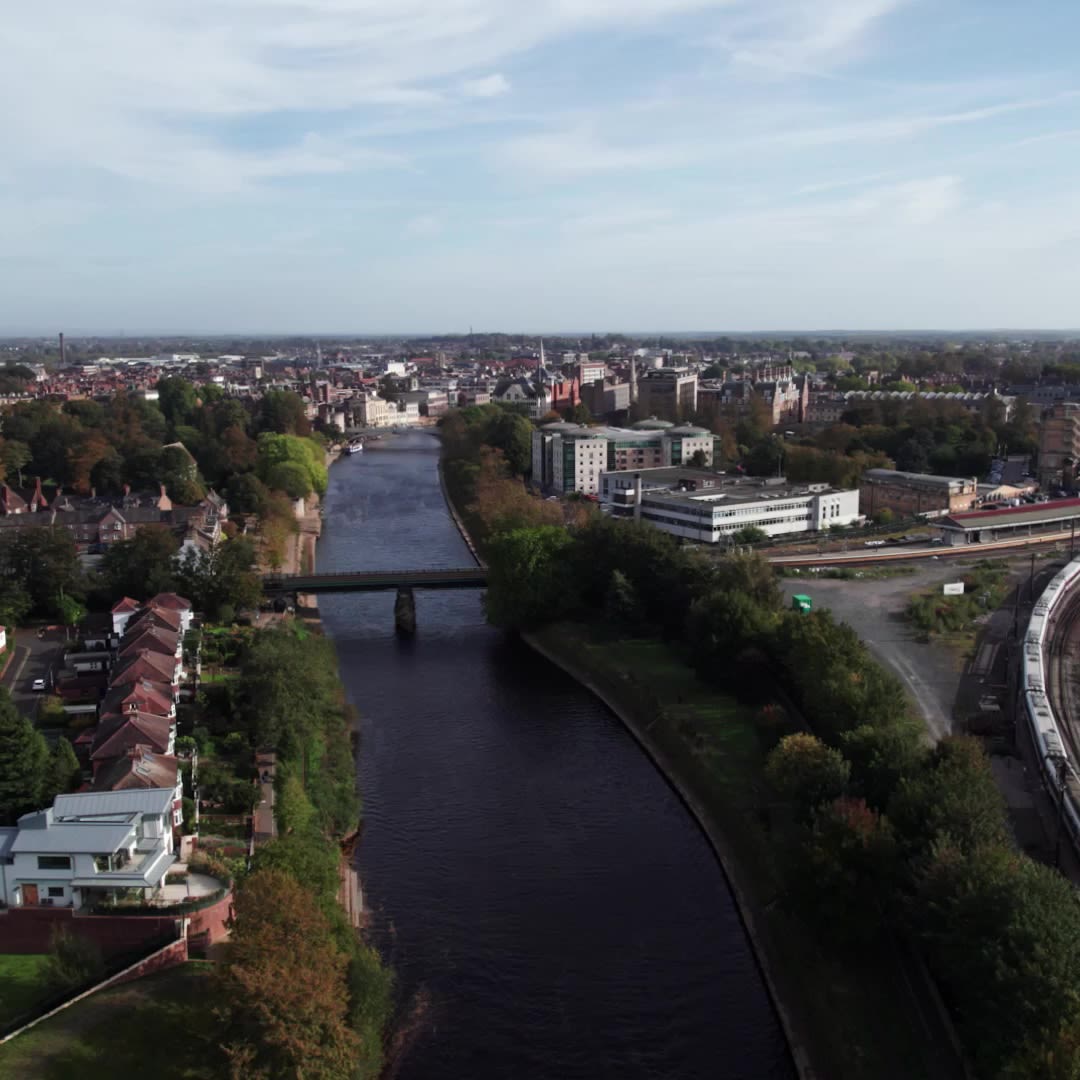
Welcome!
Hello! Welcome to the 14th edition of the Legacy Newsletter, the first of the 2024/25 academic year.
In this newsletter, we hear from alumnus Richard Malins who arrived at this, “New kind of University” * when it first opened in 1963!
On the day the University opened its doors for the first time, there was some natural anxiety from members of the faculty that perhaps those who had accepted their place at the University may not actually arrive. However, on the day of registration, Professor Alan Peacock (who interviewed Richard Malins for his place at York) recalls meeting with one of his colleagues, Professor Philip Brockbank, and as they watched students arrive in droves, relief spread over their faces at the wondrous transformation of plans into their fulfilment.
“We shook each firmly by the hand and agreed that if we had believed in miracles, we were witnessing one that very day.”
Had Professor Peacock lived to see his cherished University today, he would have been deservedly proud. As one of Britain’s youngest universities, York has risen from modest beginnings to being awarded Gold in the latest Teaching Excellence Framework, the highest rating possible, while moving up two places to 15th in the Times and The Sunday Times Good University Guide 2024.
Also in this newsletter, we hear from Sir John Lawton, renowned British Ecologist, and his wife Lady Dorothy Lawton, who both worked at the University before retiring and have since remained an integral part of the community. We are grateful that John and Dorothy have included York along with other charities in their will.
If, like John and Dot, you would like to include several charities in your will, you are in good company. In fact in June 2024, the highest number of charitable bequests made in one will was 56!**
Vice Chancellor and President of University of York Charlie Jeffery stated, “Giving everyone the chance to succeed is a powerful part of our heritage” and by pledging a gift in your will, you will be giving future students and researchers the greatest support and helping us to achieve our ambition of being the University of Opportunity where every student can thrive.
For more information, please email me at maresa.bailey@york.ac.uk or call me on 07385 976145.
You can also download our free legacy brochure here.
Maresa Bailey, Legacy and In-Memory Manager
*Professor Alan Peacock, 1963
**Smee and Ford, Key Statistics for June 2024
Richard Malins, Heslington Circle Member
(Economics and Social History, 1966)
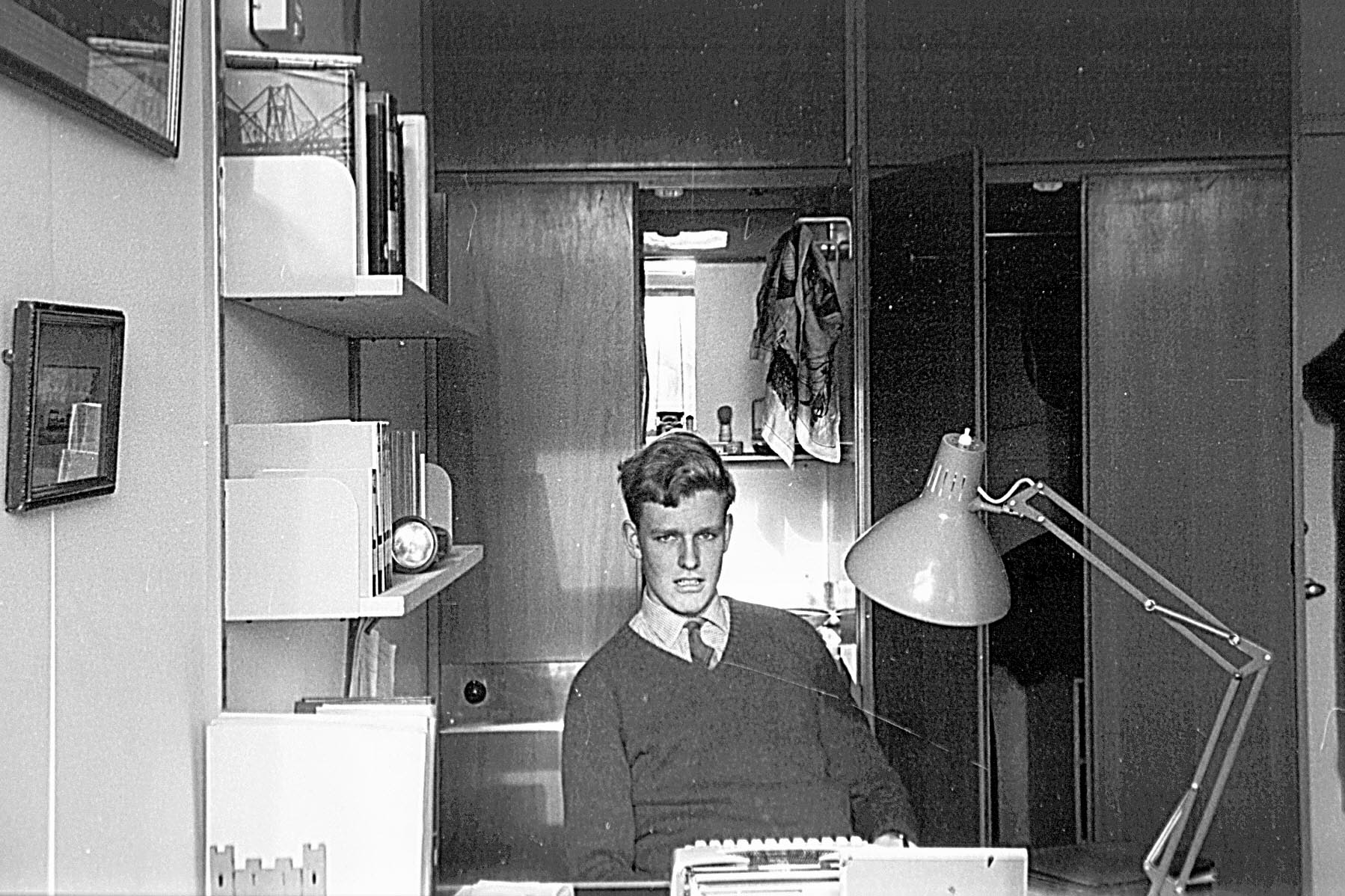
Richard Malins attended the University of York from 1963 to 1966 as one of the first cohorts to graduate from the University, earning his bachelor's in Economics and Social History.
He describes the relationship between the University and the local population to be very positive:
“The City had long felt that it deserved a University and welcomed the early students. As there was no University accommodation until 1965 we all had to lodge in the City – a task for Miss Cosway the Lodgings Officer. I had “digs” in Dringhouses, where I stayed for 2 years.
Many of us had friendly relationships with our landladies. Mine was a wartime widow, and her only son had been at Nunthorpe Grammar School, followed by Sheffield University where he did a PhD.”
“We remained friends until the end of her life, and she regarded me as something of a second son.”
“As the University then had no central hall we were dependent on city facilities, such as the Joseph Rowntree Theatre, for stage performances. Students frequented such live music venues as there were in York. Some got to hear the first Beatles concert, and by contrast, York Minster recruited Choral Scholars to sing in the Choir “back row”.”
As for the cultural scene of the 1960s...
“We were a normal part of the 60’s cultural scene, and enjoying the liberating attitudes of the time but by no means revolutionary. We expected to graduate into conventional lifelong careers and most did. We would be agents for change within that. The student journalism of the period, which I was involved with, looks pretty tame today.”
As for the social profiles of York students at the time…
“Geographically, it was fairly widely spread, with several overseas students, so also some diversity. The selection policy at that time also seemed to accommodate mature students, due to the lack of “senior years” in the student intake. In 1963 there was no one above us, and the contribution of those not straight from school was very important. I was from a middle-class public school background, and the south of England, and that was common, but not entirely typical.”
Richard also recalls the high staff-to-student ratio, and the commitment of these early academics who they all got to know personally. This meant that they enjoyed a very privileged period in the early life of the University.
One of these academics was Professor Alan Peacock, who interviewed Richard for his place at the University. Professor Peacock was one of the first professors recruited to the University, leaving his post at the University of Edinburgh to do so. According to Richard, this move was for no advancement in his salary, but rather, for the opportunity to set up and run his own department at the University of York.
According to Professor Peacock, in his short memoir, Very early days at the University of York, when they were setting up the University, they wanted it to be a “New kind of University,” attracting the most intelligent students from all over the world. He recalls conducting interviews as an admissions officer, noting that this could be quite a difficult process.
“One has only to go through the list of first graduates to realise how important interviewing had to be if only to clarify one’s own mind about our aspirations as a new University,” Professor Peacock wrote. “I only regret that it took me so long to acquire what skill I may have acquired in the art.”
When the University opened in 1963, natural anxiety remained that perhaps those who had accepted their place at the University may not actually arrive. However, on the day of registration, Professor Peacock recalls meeting with one of his colleagues, Professor Philip Brockbank, as they watched students arrive in droves, relief spread over their faces at the wondrous transformation of plans into their fulfilment.
“We shook each firmly by the hand and agreed that if we had believed in miracles, we were witnessing one that very day.”
Similar to Richard’s own father who was a career Naval officer who served on destroyers during World War 2, Professor Peacock was also known for his wartime Naval career and awarded the Distinguished Service Cross (DSC) for his intelligence work on Arctic convoys.
“The photo attached here was taken on HMS Savage in July 1944, between D-Day and the Arctic convoys. My mother is on board the ship with my father and others.”
He does not think he mentioned his father in his interview with Professor Peacock, but subsequently, he became a favourite Professor, along with a few others at this time.
Richard has decided to leave a gift in his will to the University of York to be used in the area of greatest need and to help those who are not as fortunate as he was when he began his studies at York.
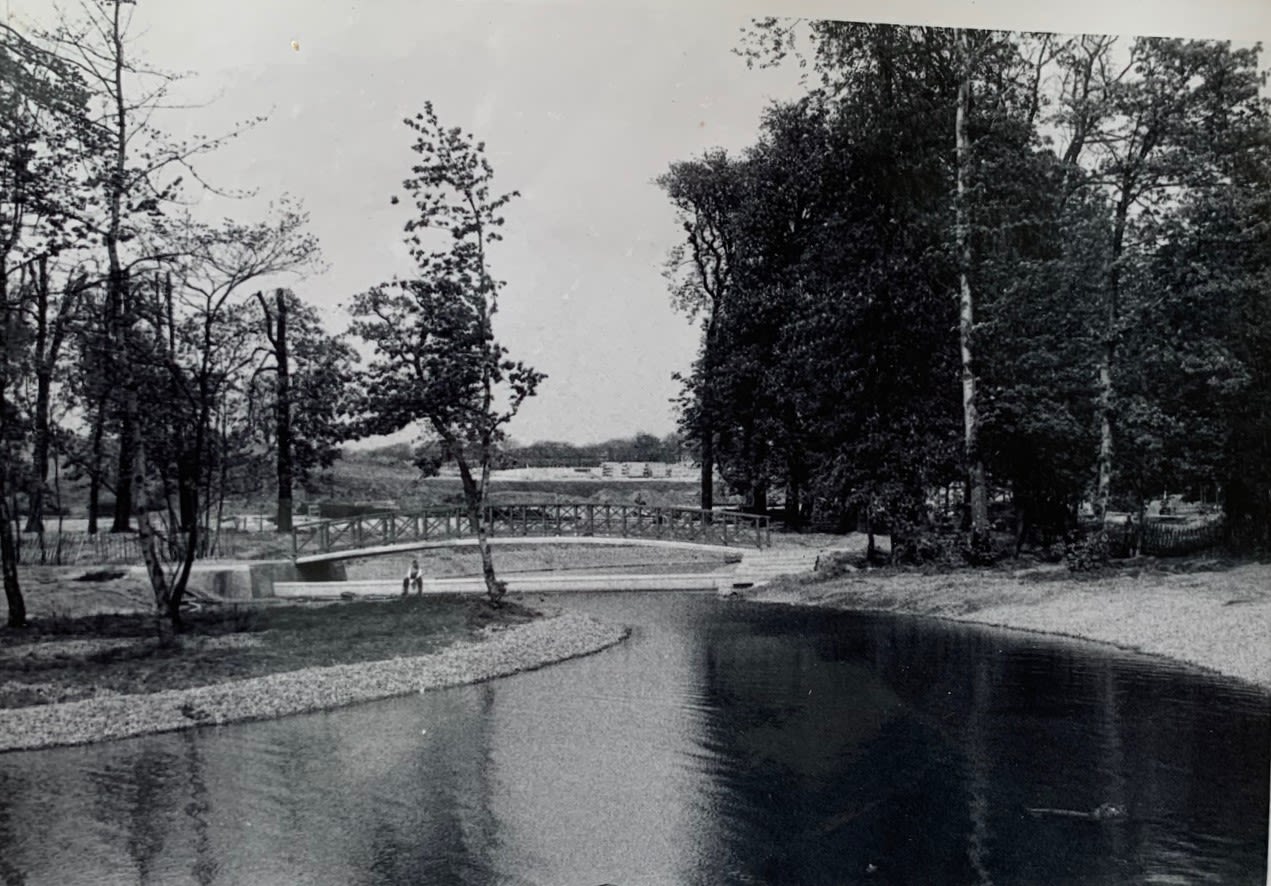
Campus Lake, University of York, 1964
Campus Lake, University of York, 1964
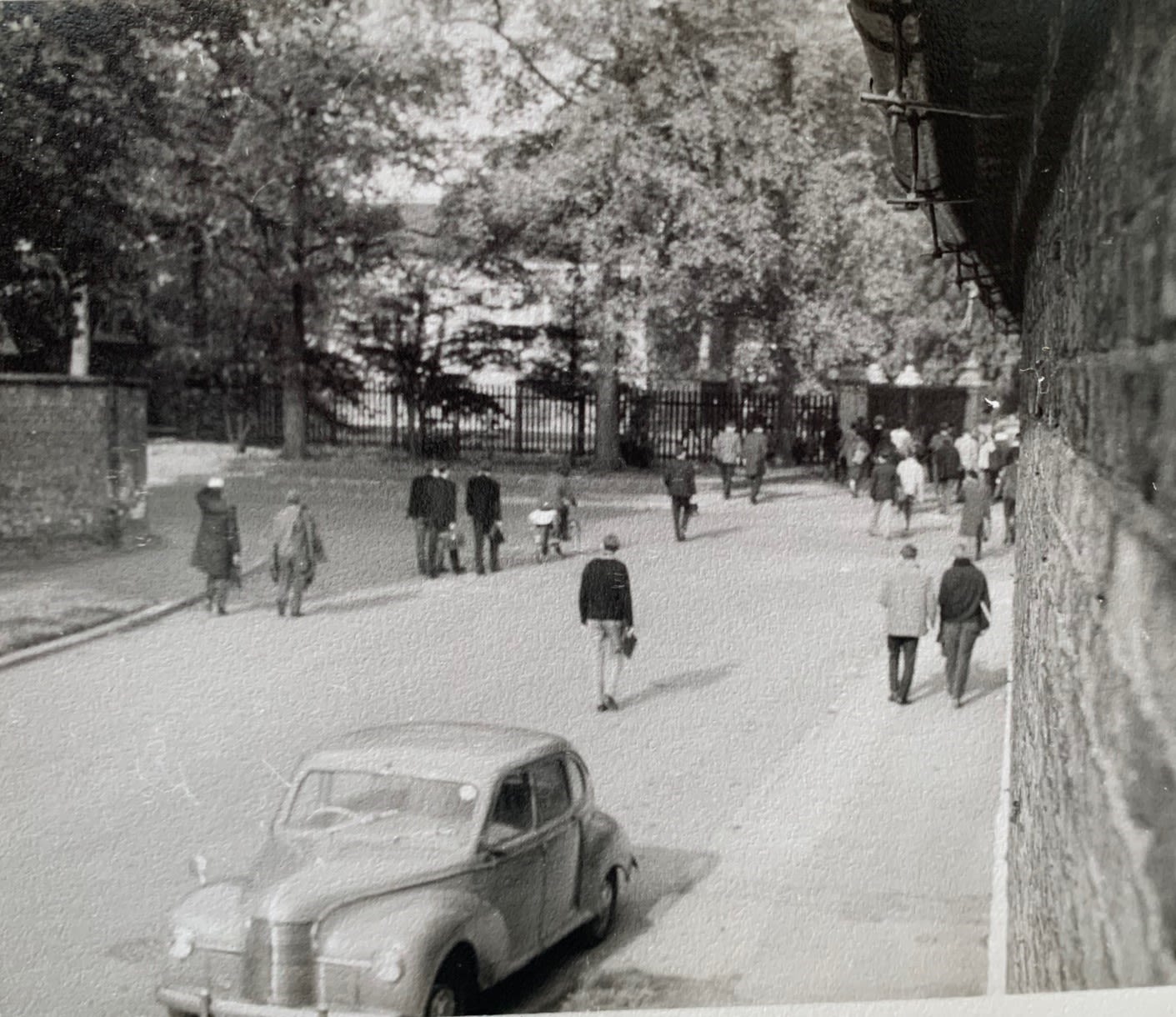
Heslington Main Street, 1964
Heslington Main Street, 1964
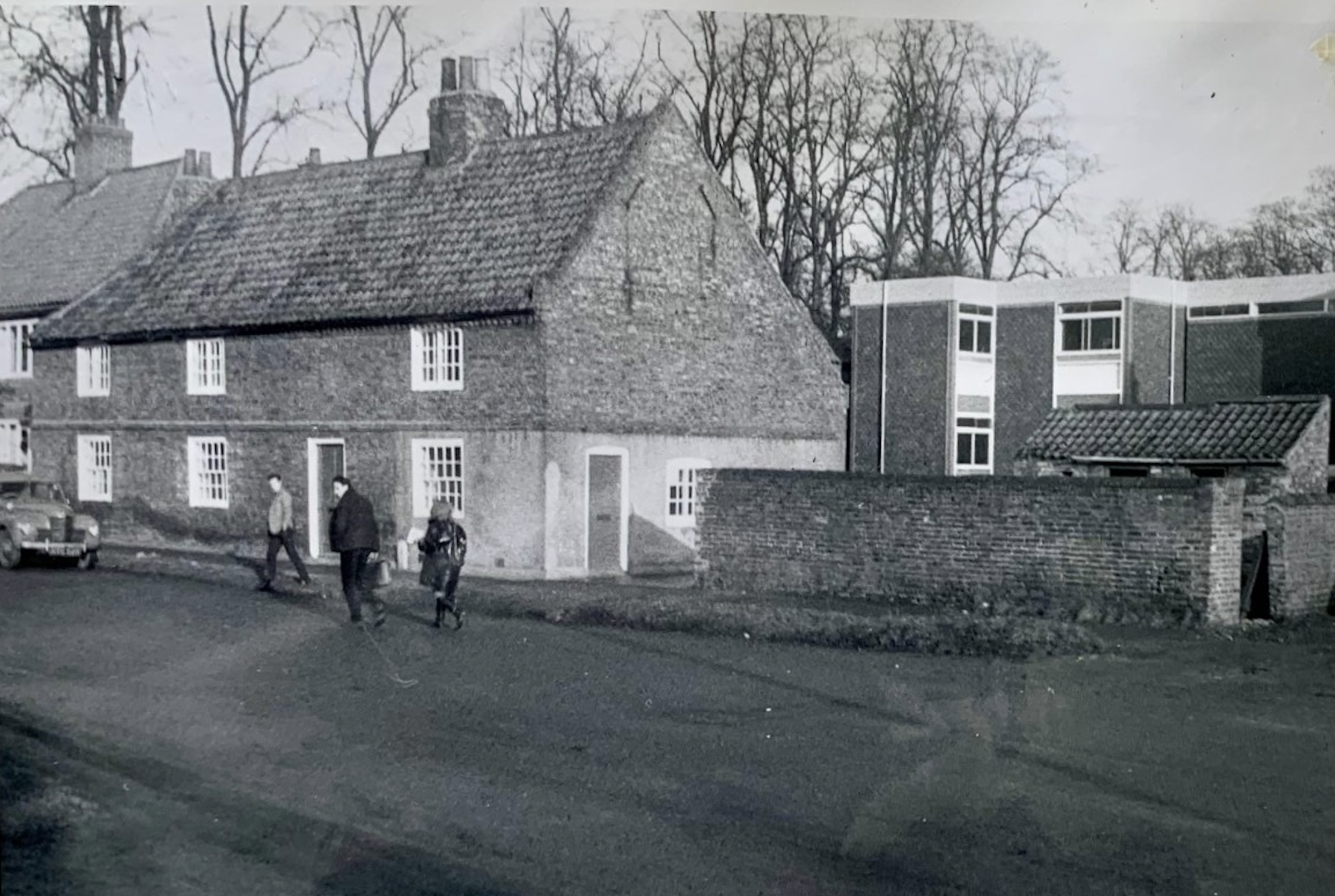
5 Main Street, used as student offices
5 Main Street, used as student offices
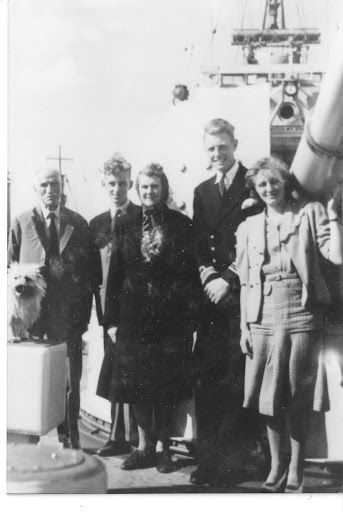
Richard's mother and father
Richard's mother and father
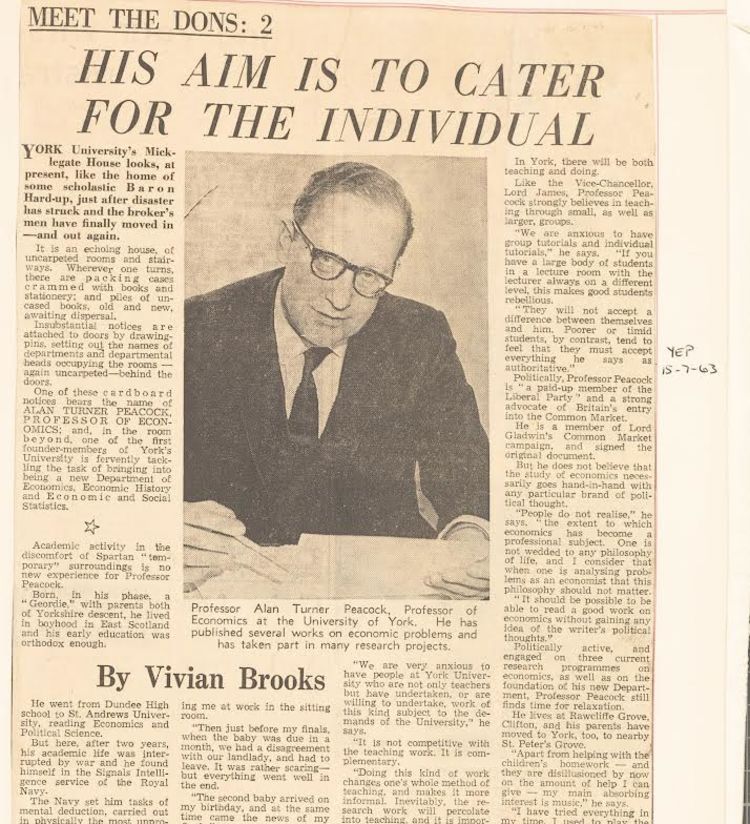
Professor Alan Peacock
Professor Alan Peacock
Heslington Circle
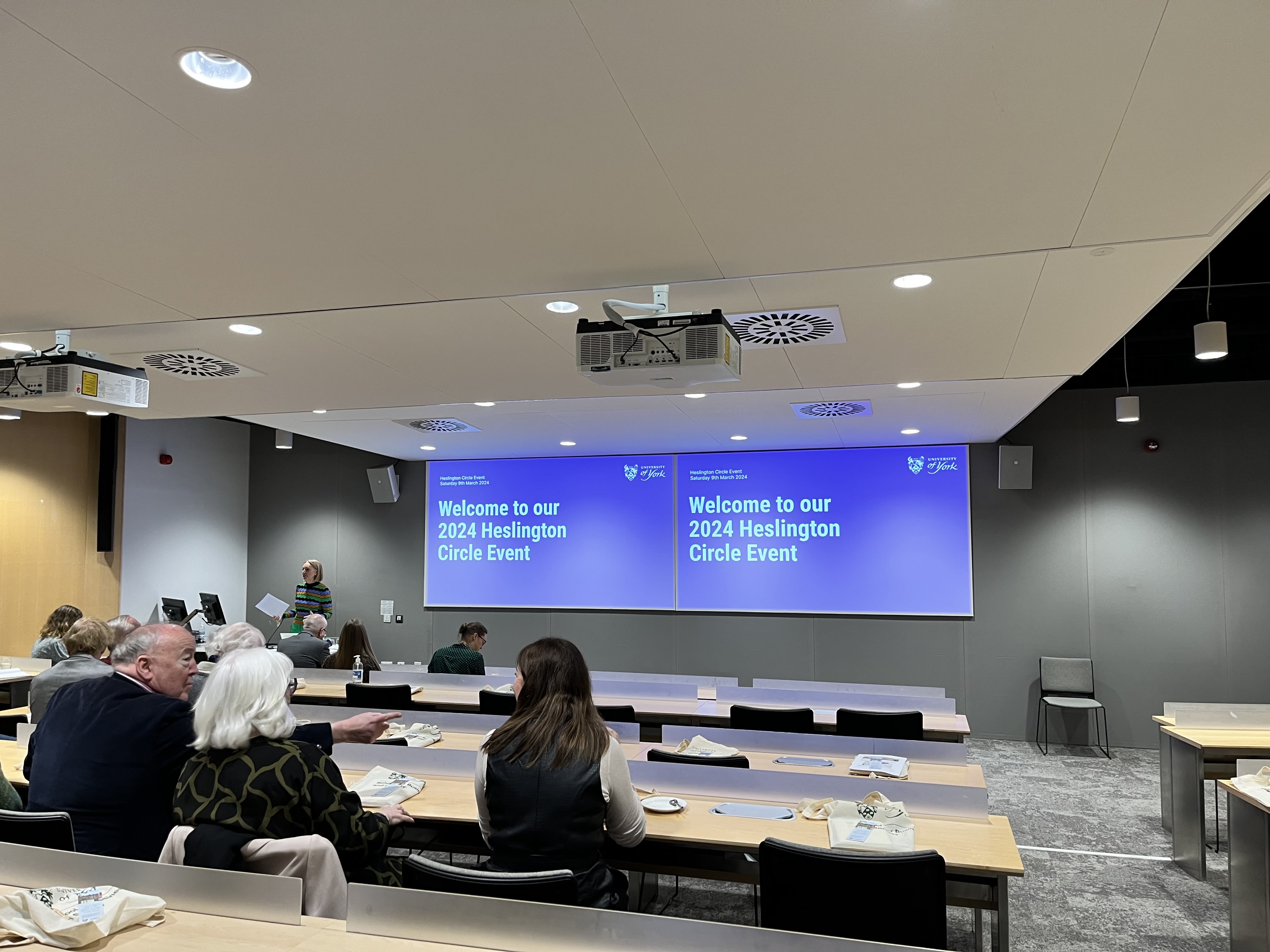
Thank you to everyone who attended our last Heslington Circle Celebration.
“We have gathered to celebrate the impact and importance of legacy gifts and the responsibility we share to safeguard the University of York for future generations. Each of us here has a unique connection to the university, woven through our own experiences, and it is through events like today which we acknowledge the significance and importance of these connections.”
If you have already included the University of York in your will and wish to share your intentions with us, we would be delighted to invite you to join the Heslington Circle. The Heslington Circle is the University’s way of expressing gratitude and appreciation to our generous legacy donors. If you have yet to register your interest for our 2025 Heslington Circle Event, please do so here.
If you would like more information on joining the Heslington Circle please contact me at maresa.bailey@york.ac.uk.
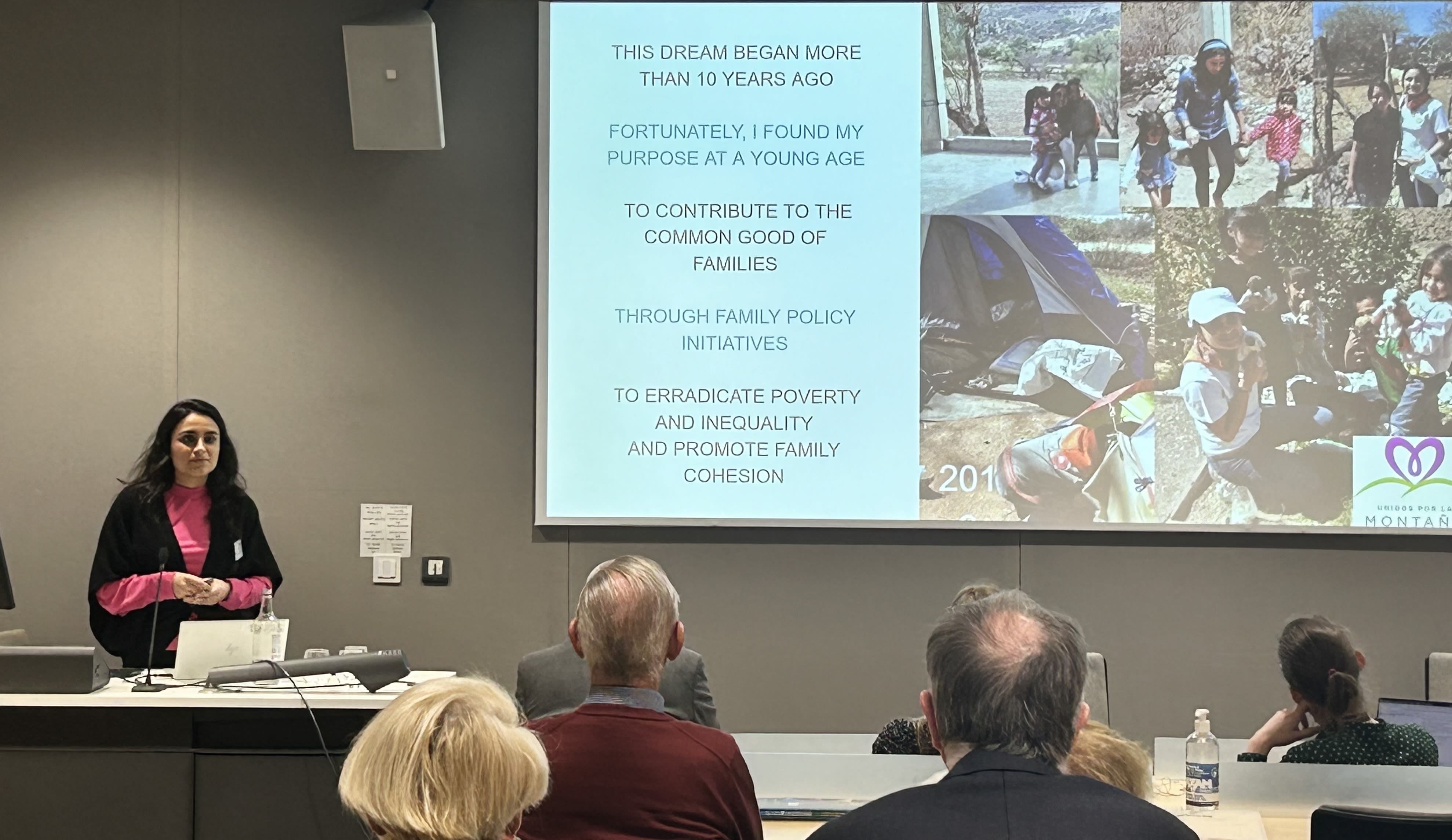
Ana Paula Perez, Maria Bourboulis Scholarship Holder
Ana Paula Perez, Maria Bourboulis Scholarship Holder
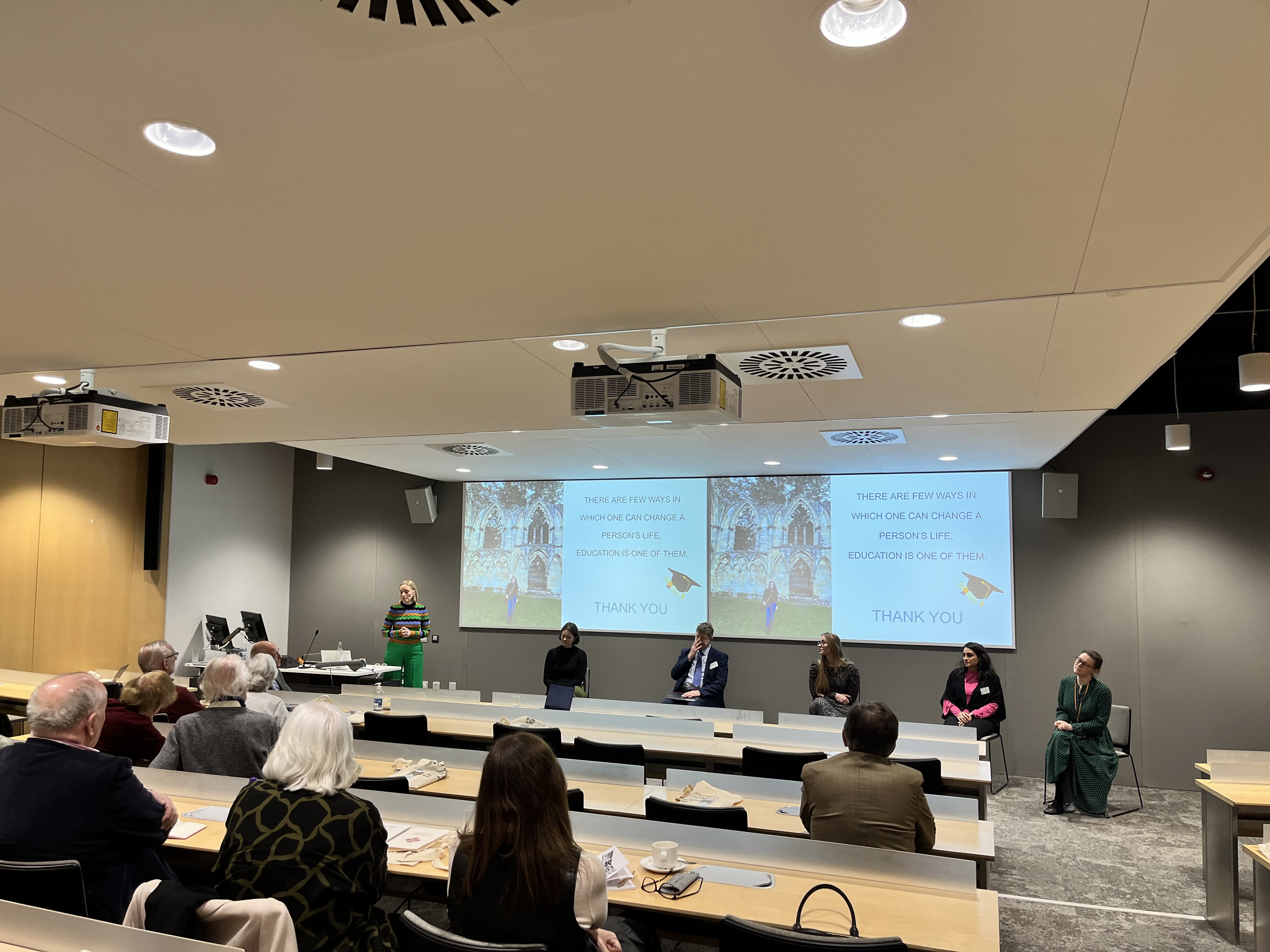
Mary and panel
Mary and panel
Sir John Lawton and Lady Dorothy Lawton, Heslington Circle Members
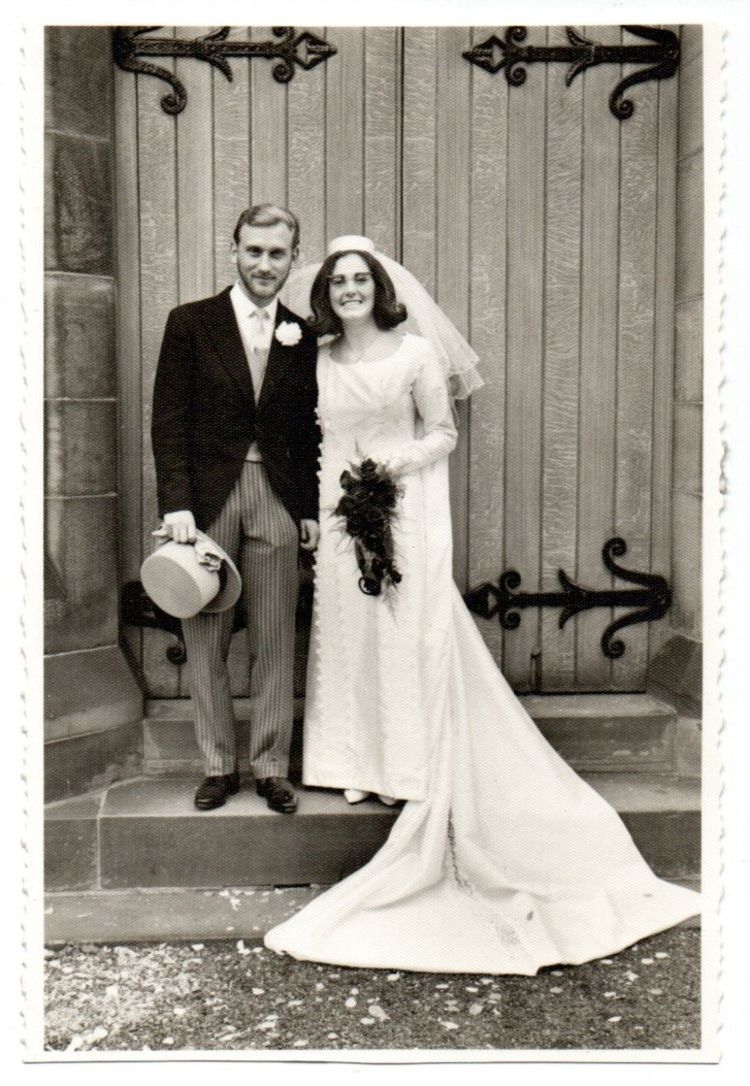
Sir John Lawton is a renowned British Ecologist and former member of the Biology Department at the University of York, where he worked from 1971 to 1989 and received an honorary degree in 2005. He is an accomplished academic with over 320 published papers, articles, book chapters, and the 8th most cited European ecologist with the most highly cited paper from 1997 to 2000.
He is a lover of birds, and other wildlife, and has gained a number of awards and accolades throughout his career, including the Japan Prize in 2004 and Elected Fellow of the Royal Society in 1989. John was knighted in 2005 for his contribution to ecological science.
John’s wife, Lady Dorothy Lawton, fondly referred to as “Dot,” worked at the University of York as Research Fellow in Social Policy Research for over 25 years. As part of Dot’s research, she worked with The Joseph Rowntree Foundation on data analytics of families of children with disabilities.
Sir John and Lady Dorothy met when they were teenagers. He was Head Boy and she was Head Girl of the same grammar school in Leyland, although a year apart. Dot came from a family of bakers and was the first in her family to attend university. Dot stated that maths was her favourite subject and she was really good at it. John added:
“Dot often helped me out with any complex mathematical problems I came across when I was modelling ecological systems.”
John’s dad was a solicitor, and his mum, a housewife. Although his dad assumed that John would follow in his footsteps into Law, John knew from a very young age that he wanted to be a biologist - he was bird watching from the age of 7! John was also inspired by Brian Barnes, his biology teacher at school. John’s dad was also a keen gardener and botanist and very supportive of John’s career choice.
John and Dot both studied at the University of Durham with Dot gaining a first class honours degree in Mathematics and John gaining a first class honors degree in Zoology followed by a PhD on dragonfly populations.
When John applied to the University of York for a lectureship, he was also considering a similar role at Stirling but he fell in love with the city of York and the University. John’s interview panel included Mark Williamson.
John stated,
“Professor Mark Williamson founded one of the most innovative new Biology Departments in the UK, which rapidly established itself as one of the best in the country. The list of distinguished biological scientists who have worked in the Department is remarkable, and again reflects Mark's uncanny knack of picking able people. Mark was a wonderfully supportive Head of Department.”
John still keeps in touch with many of his Biology students to this day!
John recalls a time in 1973, when a fire broke out in the biology lab. An incinerator had set fire to a nearby beam. When John saw the flames and the haze, he escaped, but not before grabbing the final exams papers from his filing cabinet, as he was secretary of the exam committee. Afterward, Dot was able to save many of his own papers damaged by water by ironing them!
After retiring in 1999, Sir John and Lady Dorothy moved back to York, where they remain active in the community. John has volunteered his time and expertise to many organisations and projects. He was the Chairman of the Yorkshire Wildlife Trust (and is currently its President) and Trustee and Chairman of the York Museums Trust until 2018.
Sir John and Lady Dorothy have chosen to leave a gift in their will to several charities that are close to their heart, including the University of York. They are also members of the Heslington Circle.
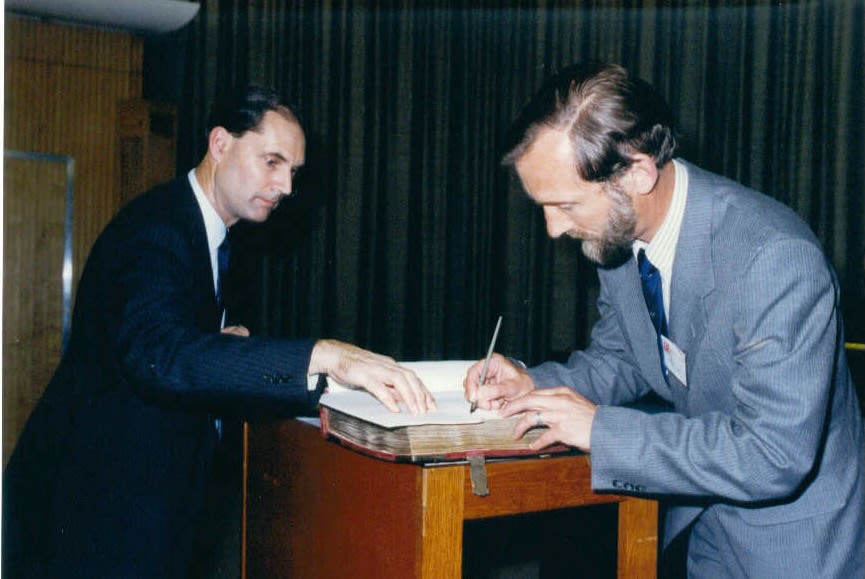
John signing the Royal Society fellowship book
John signing the Royal Society fellowship book
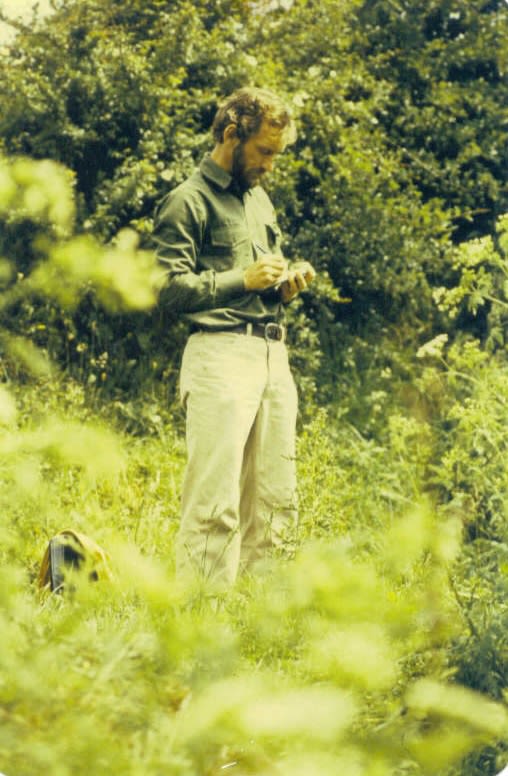
John doing fieldwork at Skipwith Common (just south of York), 1984
John doing fieldwork at Skipwith Common (just south of York), 1984
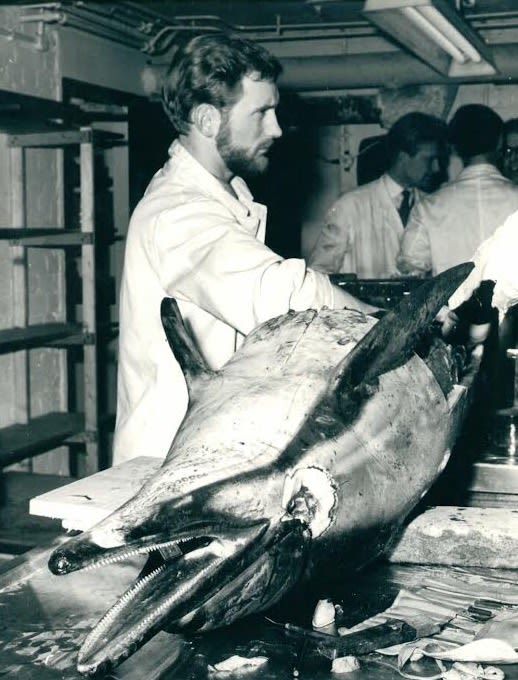
John as an undergraduate dissecting a dolphin washed up dead on a Hartlepool beach in 1963
John as an undergraduate dissecting a dolphin washed up dead on a Hartlepool beach in 1963
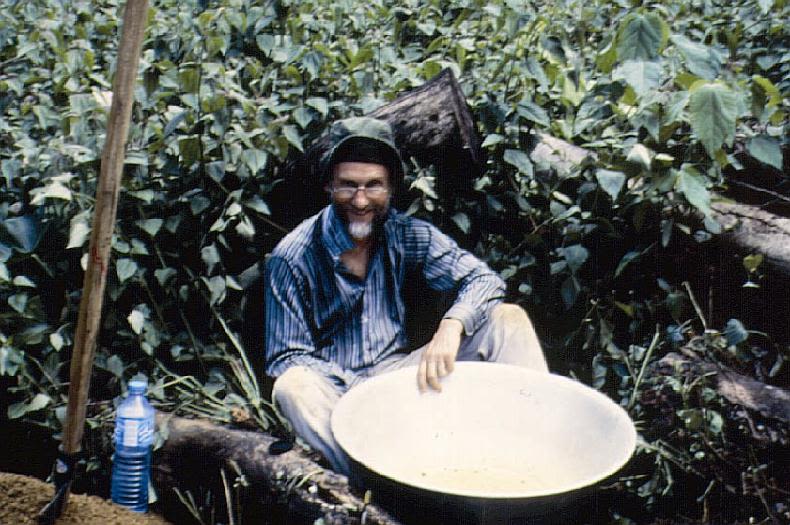
John collecting termites in a forest in Cameroon, 1992
John collecting termites in a forest in Cameroon, 1992
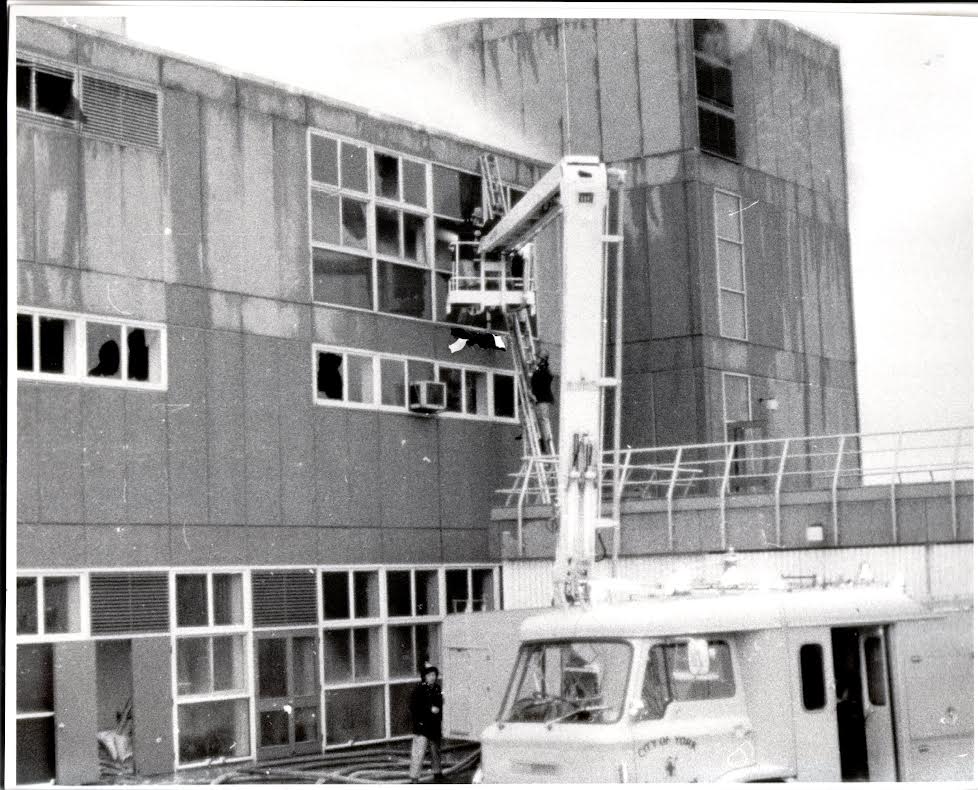
Biology Lab Fire of 1973, The crane is at the window of John’s burned out office and laboratory.
Biology Lab Fire of 1973, The crane is at the window of John’s burned out office and laboratory.
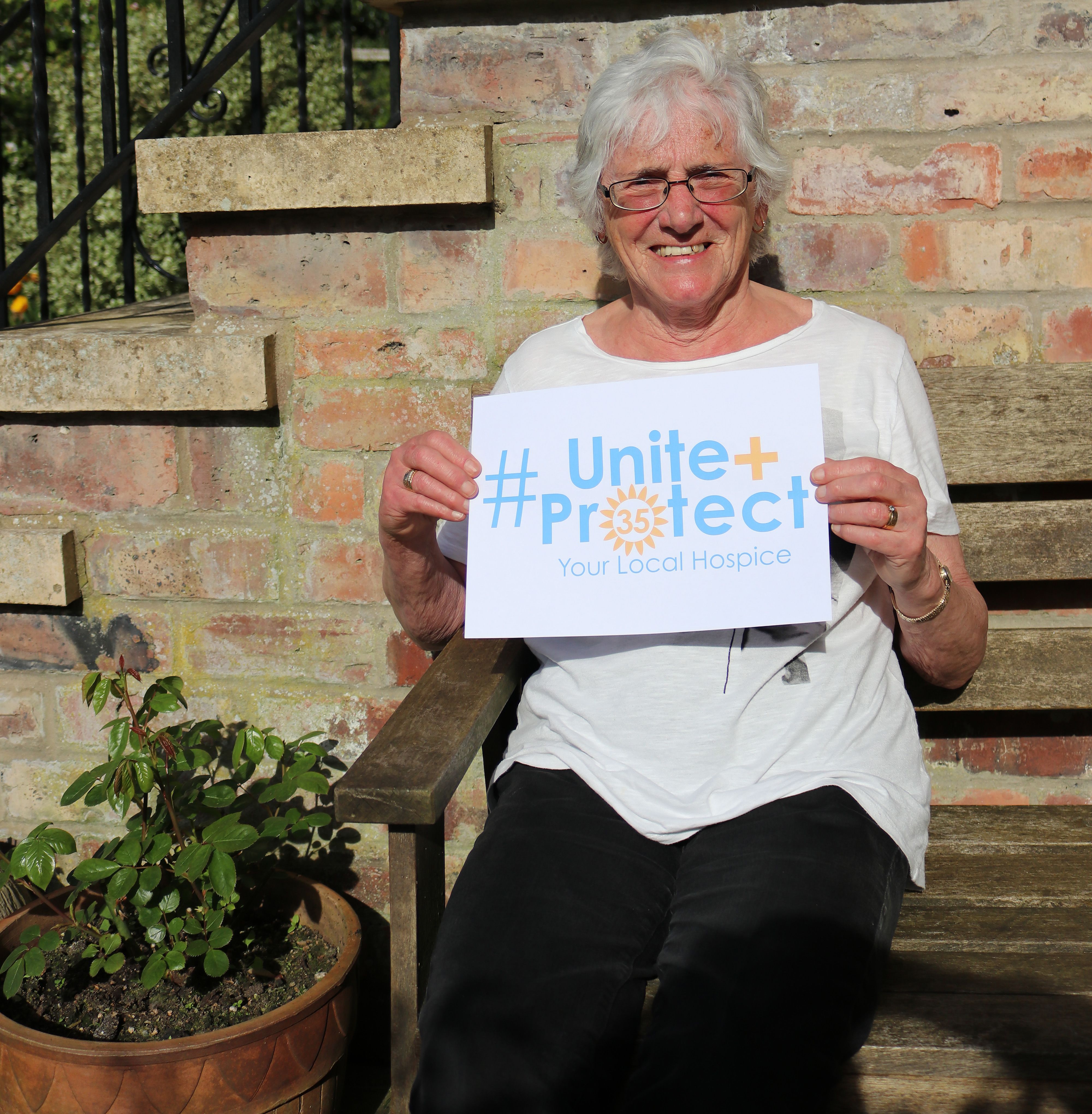
Dot volunteering for St Leonard's Hospice in York, 2020
Dot volunteering for St Leonard's Hospice in York, 2020
YuPlan Event Recap
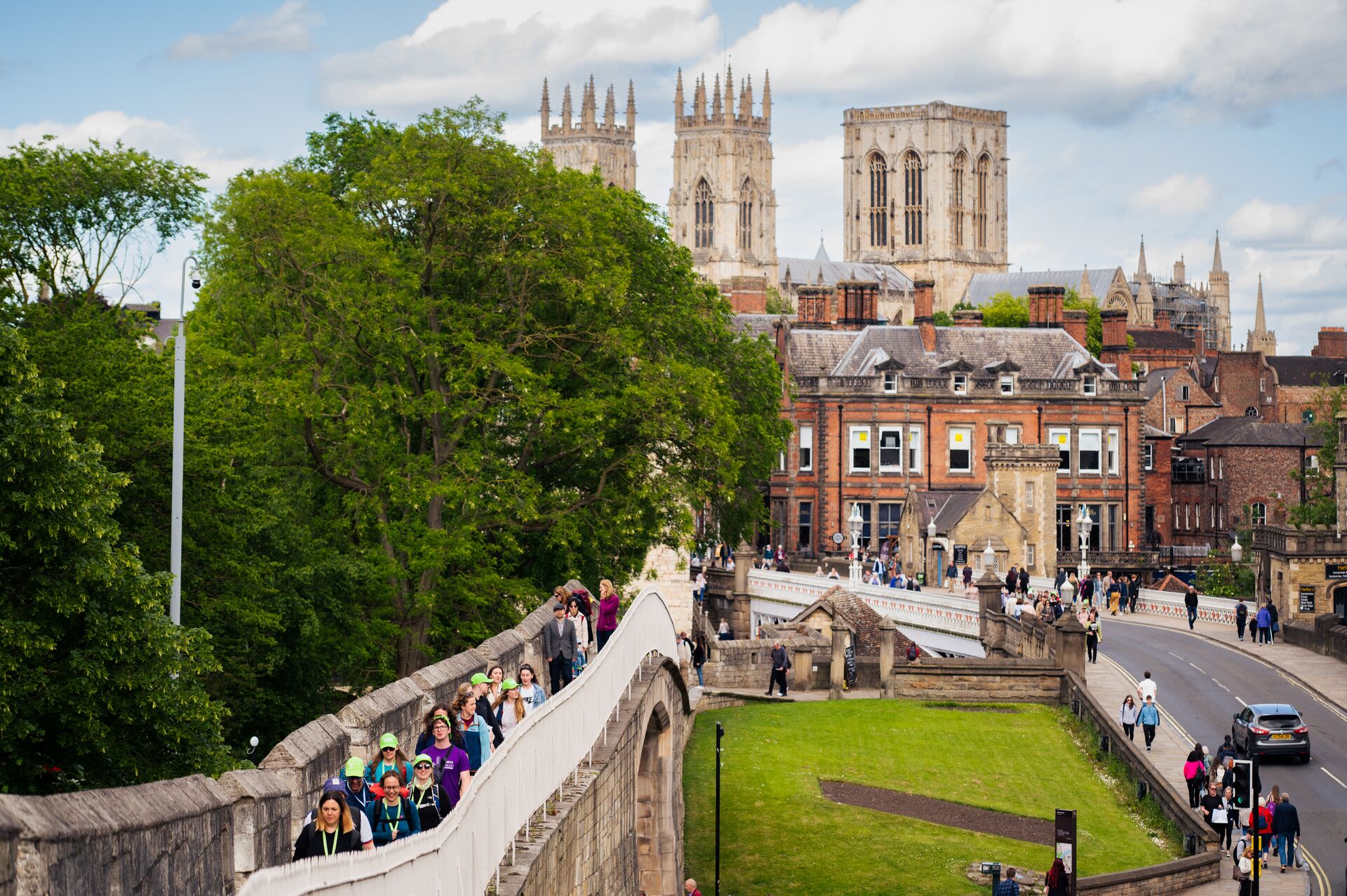
Thank you to everyone who attended our July 2024 YuPlan Event, where we were joined by Crombie Wilkinson’s former Senior Director and Head of the Private Client Team, Richard Watson, and Belinda Poulter, Director at Crombie Wilkinson, who shared their insights on topics such as will-writing and inheritance tax, estate planning and planning finances, and matters pertaining to power of attorney. During the session, Richard and Belinda also touched upon the benefits of leaving a charitable gift in your will.
If you missed it, or were unable to attend, we have included the full video for you. We will also be hosting another YuPlan event in January 2025!
If you are interested in learning more about legacy giving at the University of York or have any questions, please request your free copy of our legacy brochure or contact me directly at maresa.bailey@york.ac.uk.
Gifts In Wills and Tax Benefits
The University of York is an exempt charity under Schedule 3 of the Charities Act 2011. As such, any gift within your will falls outside of inheritance tax. Giving as part of your will planning can reduce the Inheritance Tax rate on the rest of your estate from 40% to 36%, if you leave at least 10% of your 'net estate' to a charity.
Crombie Wilkinson - 25% discount
Having an up to date will is the only way to make sure that the people and causes you care about are looked after and your wishes followed. Crombie Wilkinson have kindly given 25% off their regular fees to University of York alumni and staff.
Octopus Legacy - Write your will for free
The University of York has partnered with Octopus Legacy to offer our community a free will writing service.
This service is absolutely safe and secure, with no obligation, though we do ask that you consider remembering the University of York and if you do let us know so we can say thank you.
Thank you
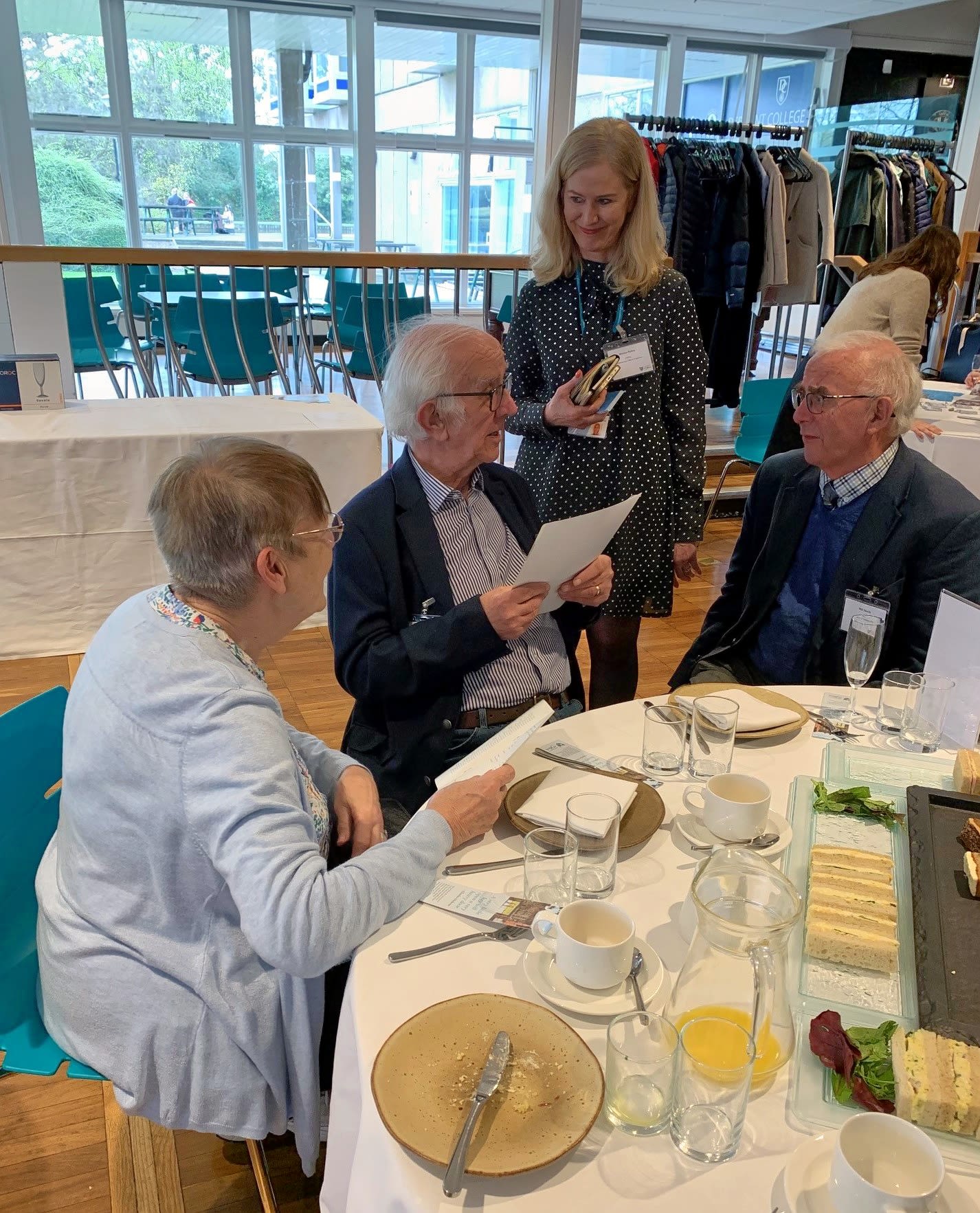
We hope you have enjoyed this edition of the Legacy Newsletter, where we travelled through the early days of the University with Richard Malins and Professor Peacock, and experienced a little of what it was like to work at the University from former Professor and renowned British Ecologist Sir John Lawton and his wife and former Research Fellow, Lady Dorothy Lawton.
The above photo was taken by Richard Malins during this year’s Pioneers Reception which was held in Derwent Dining room. It was a pleasure to be able to speak with Richard and so many alumni and retired members of staff who were there at the beginning of the University.
If you would like to visit campus and have coffee in Derwent or any location of special interest to you, please do get in touch. I would be delighted to discuss any aspect of legacy giving and hear about your time at York. Perhaps this video on What Makes York Unique, might encourage you to come back for a visit!
We are grateful for any amount of support you would like to include in your will, and if you are interested in finding out more or have any questions, please contact Maresa Bailey, Legacy and In Memory Manager at 07385 976145 or send an email to maresa.bailey@york.ac.uk.
To discuss anything in this newsletter further, please contact Maresa Bailey.

